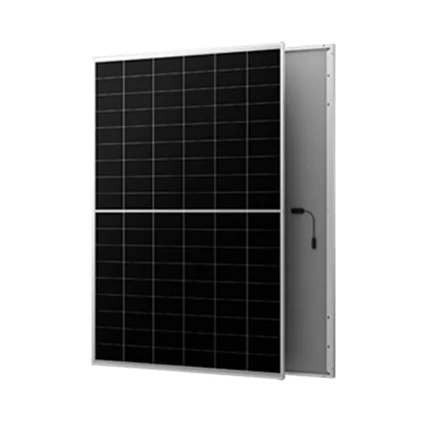Cost Analysis of High Efficiency Solar Panels for Maximum Energy Savings
The Cost of High-Efficiency Solar Panels An In-Depth Analysis
As the world shifts towards renewable energy sources, the demand for high-efficiency solar panels has surged. These panels, known for their ability to convert a greater percentage of sunlight into electricity compared to conventional solar systems, are becoming a popular choice among homeowners and businesses alike. However, the cost of high-efficiency solar panels is a crucial factor that potential buyers need to consider. In this article, we will explore the prices, benefits, and long-term savings associated with investing in high-efficiency solar panels.
Understanding High-Efficiency Solar Panels
High-efficiency solar panels typically boast an efficiency rating of 20% and above, with some premium products reaching efficiencies of over 22%. The most advanced technologies, such as monocrystalline solar cells, have made this level of efficiency possible, enabling users to generate more power from a smaller surface area. This makes them particularly appealing for residential properties with limited roof space.
The Price Tag
When looking at the cost of high-efficiency solar panels, it's essential to consider the initial investment as well as the potential long-term savings. On average, high-efficiency solar panels can range from $0.90 to $3.00 per watt, depending on the brand, technology, and installation complexities. For example, a standard system size of 6 kW could cost between $5,400 and $18,000 before any government incentives or rebates.
Although these prices might seem steep, it's important to note that many factors influence the overall cost. These include the size of the system, location, installation costs, and any financing options available. Additionally, prices for high-efficiency panels have been decreasing over the past decade due to advancements in technology and increased production efficiencies.
Incentives and Financial Aid
In many regions, financial incentives such as tax credits, rebates, and grants can significantly reduce the upfront cost of high-efficiency solar panels. For example, in the United States, the federal solar tax credit allows homeowners to deduct 26% of the cost of their solar system from their federal taxes. Many states and local governments also offer additional incentives that can lower the overall investment.
high efficiency solar panels cost

Through these incentives, the effective cost of high-efficiency solar panels can drop significantly, making them more accessible to a wider audience
. Moreover, various financing options such as solar loans or leases provide homeowners with the flexibility to install solar systems without burdening their immediate cash flow.Long-Term Savings
Investing in high-efficiency solar panels can yield substantial long-term savings. By generating more electricity from less space, these panels can produce higher energy yields, offsetting energy bills more effectively. Households can expect to save thousands of dollars over the life of their solar system, which typically ranges from 25 to 30 years.
In addition, high-efficiency solar panels often come with longer warranties, typically 25 years or more, which adds an extra layer of financial security. This longevity reflects the panels' reliability and durability, ensuring that homeowners can enjoy consistent energy production and savings over time.
Environmental Impact
Beyond the financial aspects, the environmental benefits of high-efficiency solar panels are significant. By opting for renewable energy, homeowners can reduce their carbon footprint and contribute to a more sustainable future. High-efficiency panels help in minimizing land usage, as their increased output means less physical space is needed for energy generation.
Conclusion
The cost of high-efficiency solar panels may be higher than traditional options, but the long-term savings, environmental benefits, and available financial incentives make them a worthy investment. As technology continues to advance and prices decline, high-efficiency solar panels are likely to become increasingly accessible. For homeowners and businesses looking to embrace renewable energy, understanding the financial implications is key to making an informed decision. By investing in high-efficiency solar panels, you are not just enhancing your energy independence; you are also contributing to a more sustainable future for generations to come.
-
Understanding the Advantages of Solar String Inverters for Your Energy SystemNewsApr.29,2025
-
Choosing the Right PV Inverter: A Comprehensive GuideNewsApr.29,2025
-
The Future of Solar Power: Exploring Bifacial Solar PanelsNewsApr.29,2025
-
The Complete Guide to Solar Panels: Efficiency, Cost, And InstallationNewsApr.29,2025
-
The Best Options for Efficiency and Cost-EffectivenessNewsApr.29,2025
-
Harnessing the Power of Off-Grid Solar Inverters for Energy IndependenceNewsApr.29,2025







